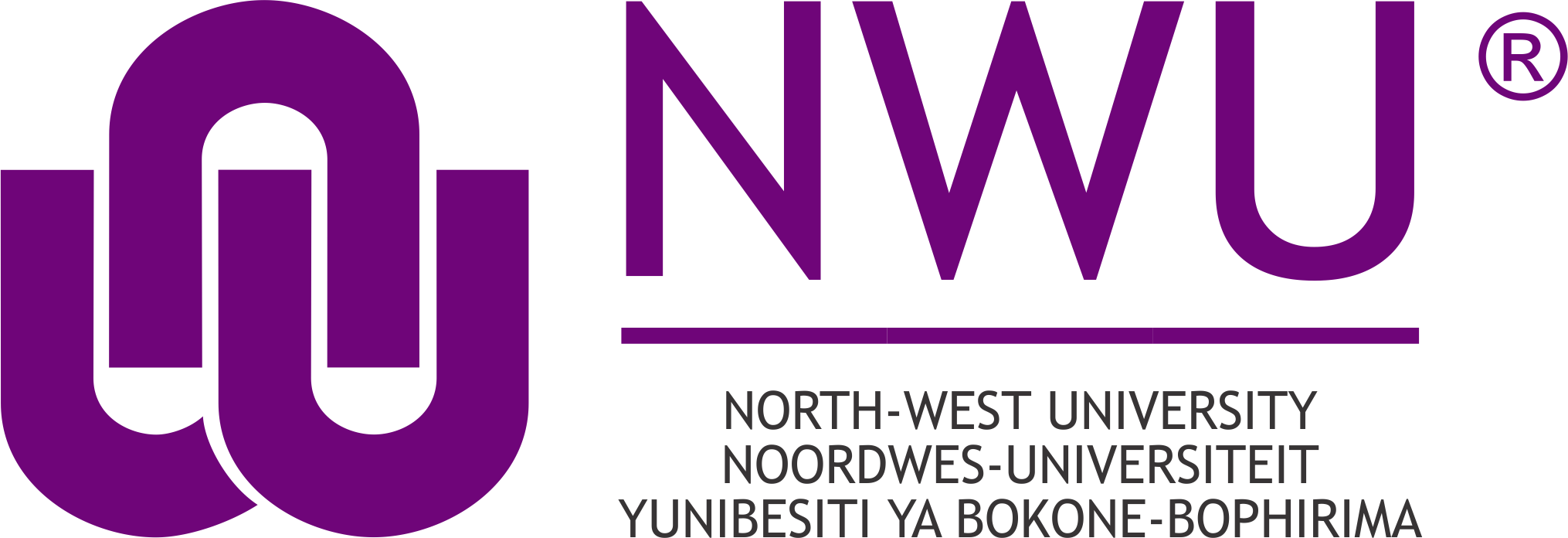NWU engineers rising to COVID-19 challenge
The world, and now more recently, our nation, is faced with difficult times as the recent COVID-19 pandemic turns life as we know it upside down. A team at the Faculty of Engineering from the North-West University (NWU), in collaboration with other experts involved in this unsettling battle, is rising to the challenge to support our government in its fight against the COVID-19 pandemic.
These behind-the-scenes heroes are the medical device development team in the Faculty of Engineering. The team recently joined forces with the Central University of Technology (CUT) and the Vaal University of Technology (VUT) in this endeavour. They also interface with the Covid Agile Manufacturing Solution Response Team - a number of well-placed stakeholders in the rapid manufacturing space who meet online on a daily basis and aim to develop urgent products that can be utilised by our healthcare system. The team includes individuals from academic institutions, the rapid manufacturing industry, and a number of doctors.
Prof Leenta Grobler, one of our own experts at the NWU, also forms part of the steering committee of the team. According to the South African Minister of Health, Dr Zweli Mkhize, South Africa has an already strained healthcare system, and if we do not take the COVID-19 pandemic seriously, the system will be overburdened. He also explained his concerns regarding the upcoming winter season. "Clinics and hospitals will be flooded once this virus spreads to our already fragile nation during winter. South Africa does not have enough medical supplies and personal protection equipment (PPE) to protect the nation and the healthcare workers. Products that are in high demand include masks, test kits, hand sanitisers, invasive ventilators, non-invasive ventilators, hospital beds and linen," he says.
With these concerns in mind, the NWU team and its collaborators have already developed products to relieve the healthcare system and the healthcare workers who are in the front line, risking infection as they strive to deal with this pandemic. Various officials in the Potchefstroom healthcare system have requested face shields, as there is a shortage already. The NWU team, led by CP Kloppers, is therefore currently manufacturing and distributing face shields free of charge to health workers in the area around Potchefstroom. "These face shields are provided as an additional layer of protection to be worn over existing masks and goggles, since they cover the whole face of the healthcare professional with a transparent material," Prof Grobler says.
Beds for temporary hospitals or quarantine sites are being conceptualised with the help of NWU engineering students who reported for voluntary duty.
"The national Department of Health has officially rung the alarm bells on the dramatic shortage of ventilators in the international and national health systems and our team has investigated this field with significant vigour. There are not enough ventilators available in hospitals or from any supplier for all the potential patients who will be struck by the virus. Our group, in active collaboration with CUT, is working tirelessly to manufacture and distribute these supplies to clinics and hospitals," Prof Grobler explains.
She adds that the main project of the team is to reverse-engineer the BIRD Mark 7 or 8 mechanical respirator to allow it to be used as an emergency ventilator. The team chose this particular device due to its ability to work without electricity, since it is powered by air, a characteristic that is crucial in South Africa. The aim is to produce an open source 3D-printable version of the BIRD mechanical ventilator. The team will also need to update some parts to conform to the current minimum specifications listed by the World Health Organization.
"It is encouraging to witness the collaboration and camaraderie developing among peers from different institutions and disciplines in this crisis. Relationships of this nature between various university teams, clinicians and the industry normally would have taken years to foster, but now - united against a common enemy, working towards to a common good - these timelines have been accelerated, as extreme measures are called for," Prof Grobler concludes.
